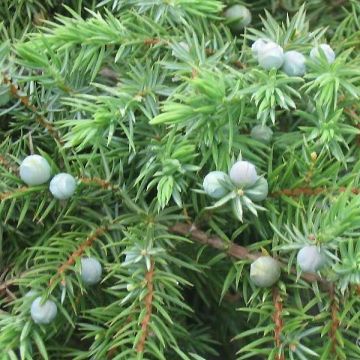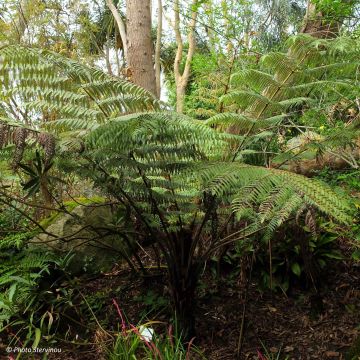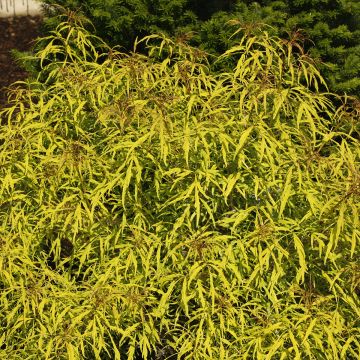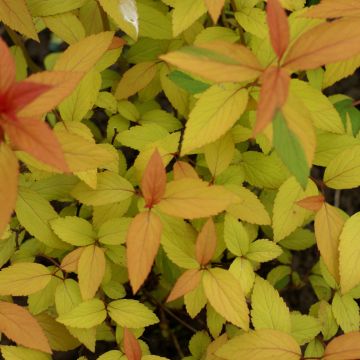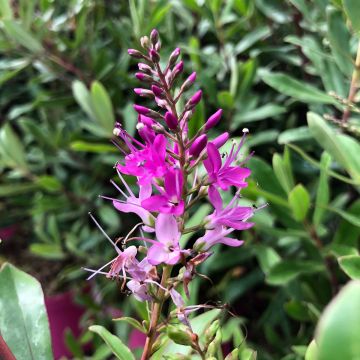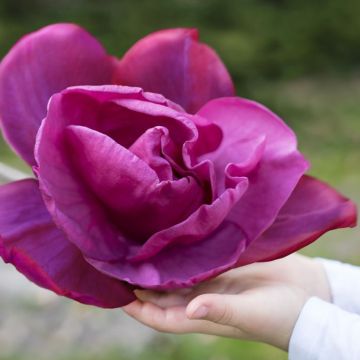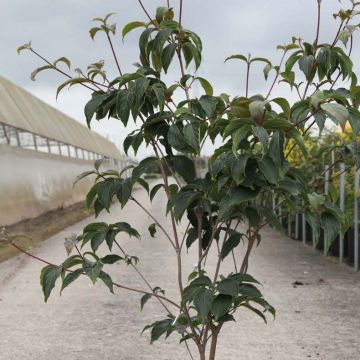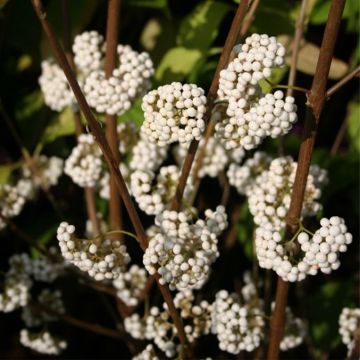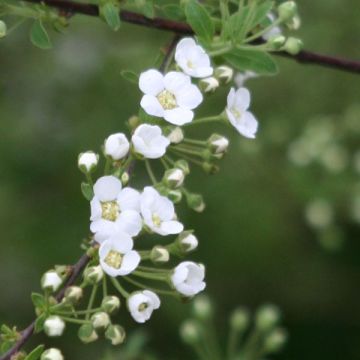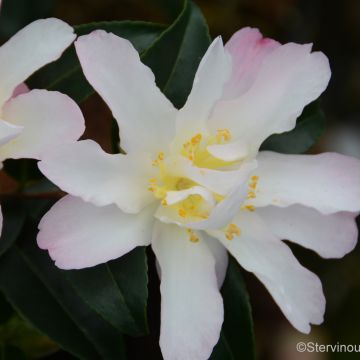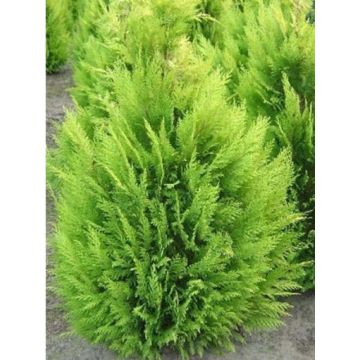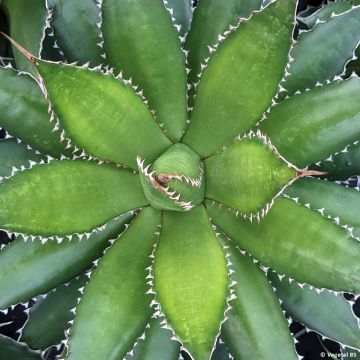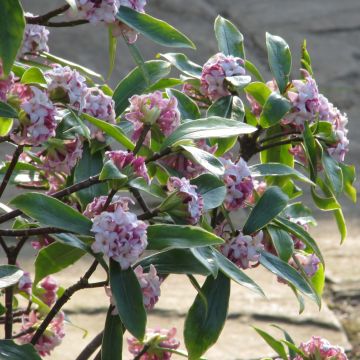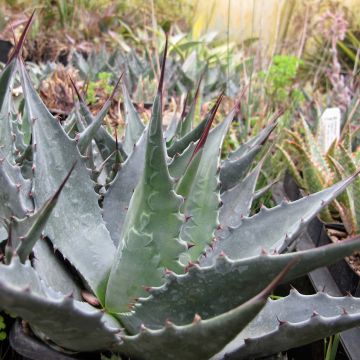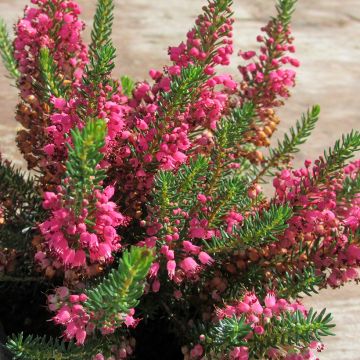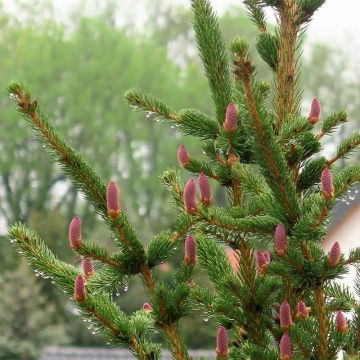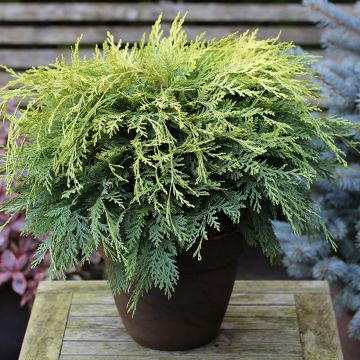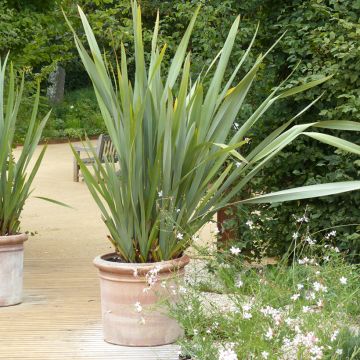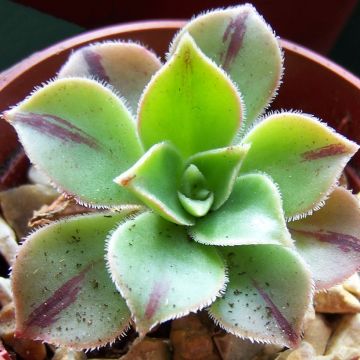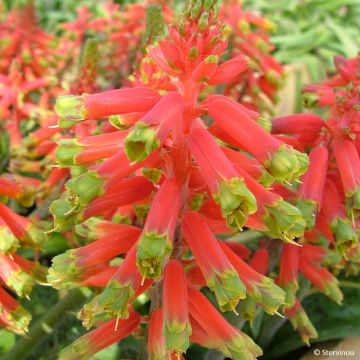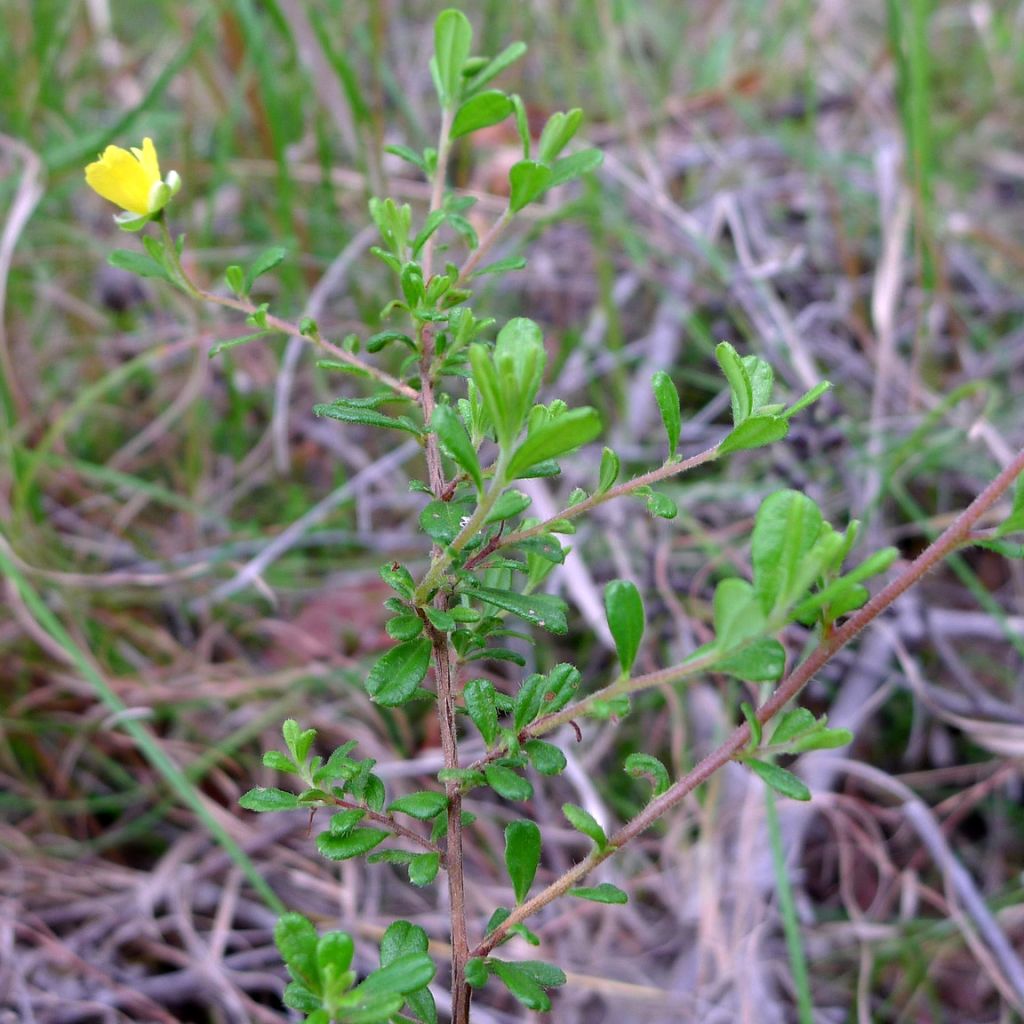

Hibbertia aspera - Fleur de Guinée
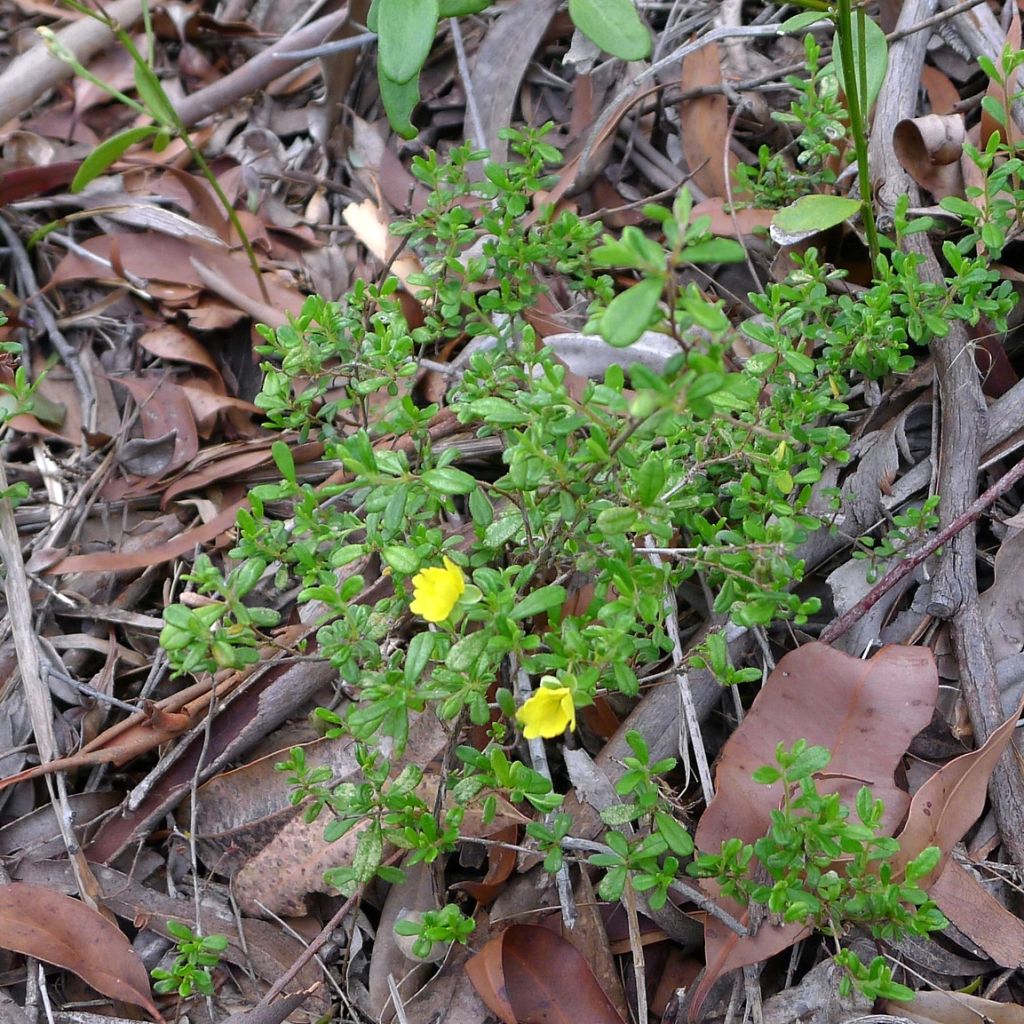

Hibbertia aspera - Fleur de Guinée
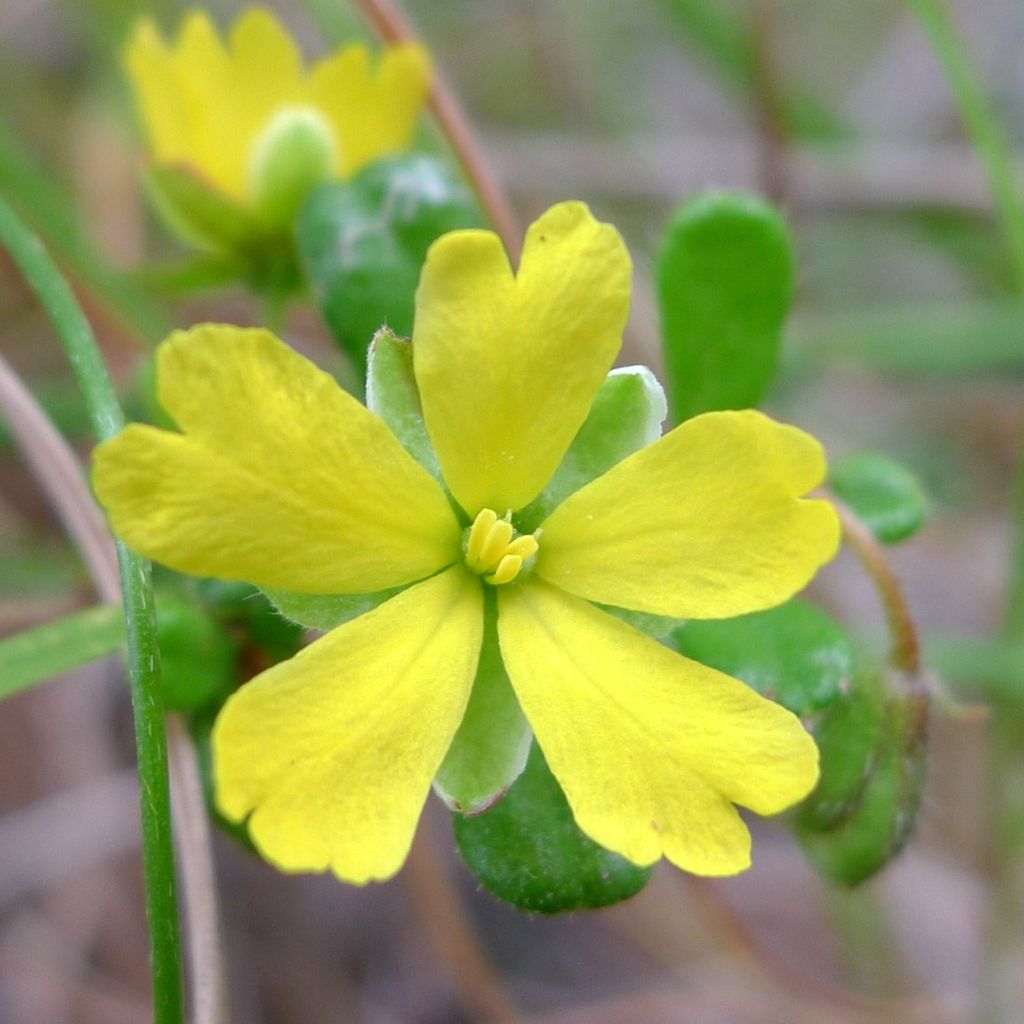

Hibbertia aspera - Fleur de Guinée
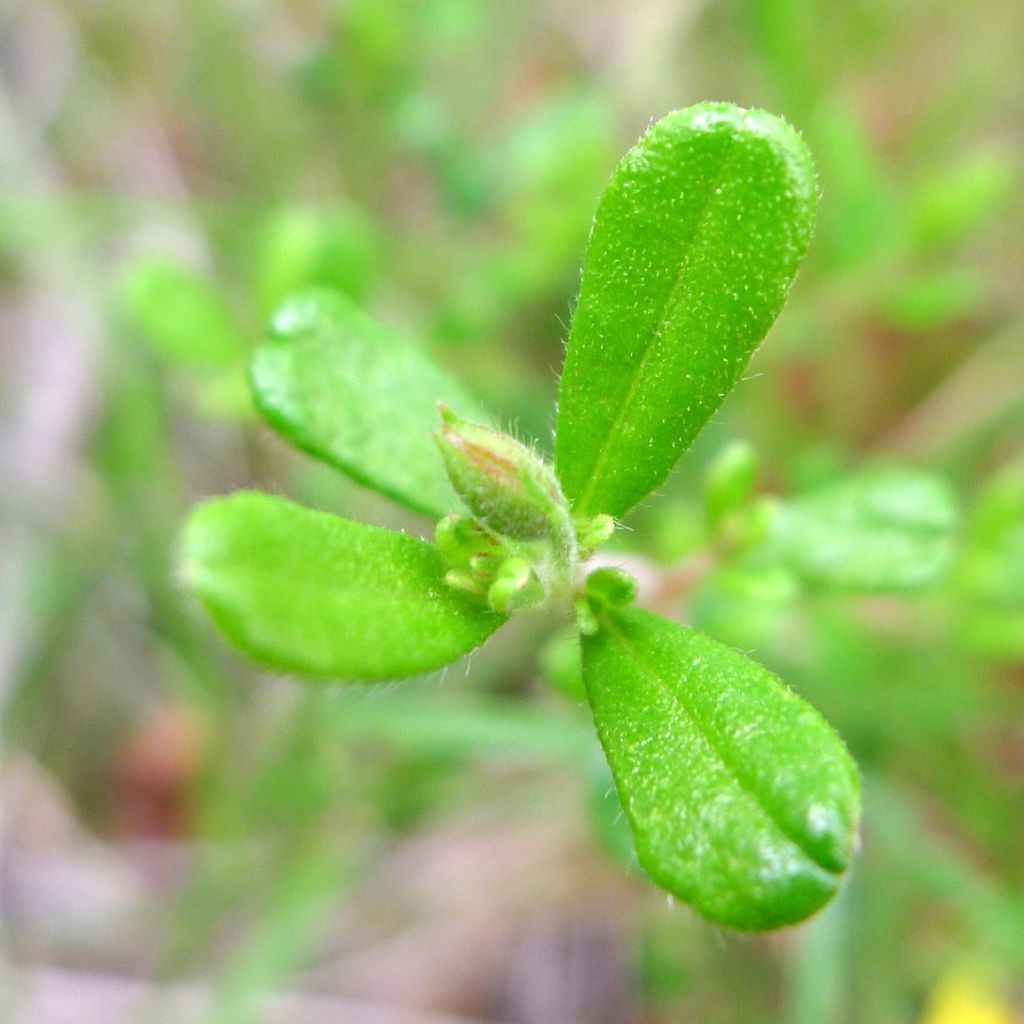

Hibbertia aspera - Fleur de Guinée
Hibbertia aspera
Hibbertia aspera
Yellow Guinea Flower
This item cannot be shipped to the selected country
Delivery charge from €5.90
More information
Schedule delivery date,
and select date in basket
This plant carries a 24 months recovery warranty
More information
We guarantee the quality of our plants for a full growing cycle, and will replace at our expense any plant that fails to recover under normal climatic and planting conditions.
From €5.90 for pickup delivery and €6.90 for home delivery
Express home delivery from €8.90.
Does this plant fit my garden?
Set up your Plantfit profile →
Description
The Hibbertia aspera, sometimes called the Yellow Guinea Flower, deserves to be better known among gardeners. It is a small, creeping bush that is slightly frost-tolerant but not demanding, and covers itself in gold in spring. Its long stems, adorned with dense foliage, form a beautiful carpet or cascade if planted at a higher level, for example above a wall. Perfectly suited to warmer climates, it performs very well by the seaside, in full sun or partial shade. Gardeners in colder regions can plant it in a container or a wide hanging basket that will be stored indoors during winter to protect it from frost.
The Hibbertia aspera belongs to the Dilleniaceae family. This species is native to Australia, specifically southeastern Queensland, eastern New South Wales, and the state of Victoria. In the wild, this plant is found in open forests or heathlands, always in Mediterranean climate areas. It is a small bush with long branches that are more or less upright or trailing, with a rather prostrate habit. Eventually, its growth reaches 30 to 50 cm (11.8 to 19.7 in) in height and covers about 1 m² of ground. The stems are hairy to downy, and they bear numerous small oblong to lanceolate leaves, rough-textured, with ciliate edges, measuring 3 to 18 mm (0.1 to 0.7 in) long and 2 to 6 mm (0.1 to 0.2 in) wide. Their upper surface, slightly glossy, is dark green. The generous flowering occurs from April to June, earlier or later depending on the climate. It consists of small flowers measuring 1 cm (0.4 in) in diameter, usually solitary or clustered in groups of 3, in the axils of the leaves. Each flower is composed of 5 bright yellow petals with notched edges.
The Hibbertia aspera can be grown in open ground in mild climates. If planted in a well-draining soil, such as in a rockery, slope, or on a wall, its can regrow from the base after a short frost of around -8 to -10°C. And it is when placed at a higher level that it will be best showcased. It can be paired with other creeping or trailing plants such as Convolvulus sabatius, which bloom around the same time, or with Silver Carpet, Aubrieta, or Creeping Plumbago. In very mild climates, it can be planted with a caper plant. This Yellow Guinea Flower also forms a beautiful ground cover at the base of deciduous or evergreen shrubs that are not too dense.
Report an error about the product description
Hibbertia aspera in pictures






Plant habit
Flowering
Foliage
Botanical data
Hibbertia
aspera
Dilleniaceae
Yellow Guinea Flower
Australia
Other Shrubs A to Z
Planting and care
Plant Hibbertia aspera in full sun or partial shade in any well-drained soil, whether slightly acidic, neutral, or slightly alkaline. Planting in the ground is reserved for milder climates only. This plant can be grown in full sun or partial shade. Choose a location that is well sheltered from the wind. Once established, it can withstand summer drought. An adult plant can regrow from the base after experiencing a brief frost of around -8 to -10°C (17.6 to 14 °F) if the soil does not retain water. Choose its location carefully from the beginning, as it does not like to be transplanted. Prune every year after flowering.
Outside of milder areas, this Hibbertia can be easily grown in a pot, using good horticultural compost. Water regularly from spring until the end of summer, but reduce watering slightly in winter. The plant should be stored in a frost-free but unheated, bright location. Apply flowering plant fertiliser in spring.
Planting period
Intended location
Care
-
, onOrder confirmed
Reply from on Promesse de fleurs
Evergreen shrubs
Haven't found what you were looking for?
Hardiness is the lowest winter temperature a plant can endure without suffering serious damage or even dying. However, hardiness is affected by location (a sheltered area, such as a patio), protection (winter cover) and soil type (hardiness is improved by well-drained soil).

Photo Sharing Terms & Conditions
In order to encourage gardeners to interact and share their experiences, Promesse de fleurs offers various media enabling content to be uploaded onto its Site - in particular via the ‘Photo sharing’ module.
The User agrees to refrain from:
- Posting any content that is illegal, prejudicial, insulting, racist, inciteful to hatred, revisionist, contrary to public decency, that infringes on privacy or on the privacy rights of third parties, in particular the publicity rights of persons and goods, intellectual property rights, or the right to privacy.
- Submitting content on behalf of a third party;
- Impersonate the identity of a third party and/or publish any personal information about a third party;
In general, the User undertakes to refrain from any unethical behaviour.
All Content (in particular text, comments, files, images, photos, videos, creative works, etc.), which may be subject to property or intellectual property rights, image or other private rights, shall remain the property of the User, subject to the limited rights granted by the terms of the licence granted by Promesse de fleurs as stated below. Users are at liberty to publish or not to publish such Content on the Site, notably via the ‘Photo Sharing’ facility, and accept that this Content shall be made public and freely accessible, notably on the Internet.
Users further acknowledge, undertake to have ,and guarantee that they hold all necessary rights and permissions to publish such material on the Site, in particular with regard to the legislation in force pertaining to any privacy, property, intellectual property, image, or contractual rights, or rights of any other nature. By publishing such Content on the Site, Users acknowledge accepting full liability as publishers of the Content within the meaning of the law, and grant Promesse de fleurs, free of charge, an inclusive, worldwide licence for the said Content for the entire duration of its publication, including all reproduction, representation, up/downloading, displaying, performing, transmission, and storage rights.
Users also grant permission for their name to be linked to the Content and accept that this link may not always be made available.
By engaging in posting material, Users consent to their Content becoming automatically accessible on the Internet, in particular on other sites and/or blogs and/or web pages of the Promesse de fleurs site, including in particular social pages and the Promesse de fleurs catalogue.
Users may secure the removal of entrusted content free of charge by issuing a simple request via our contact form.
The flowering period indicated on our website applies to countries and regions located in USDA zone 8 (France, the United Kingdom, Ireland, the Netherlands, etc.)
It will vary according to where you live:
- In zones 9 to 10 (Italy, Spain, Greece, etc.), flowering will occur about 2 to 4 weeks earlier.
- In zones 6 to 7 (Germany, Poland, Slovenia, and lower mountainous regions), flowering will be delayed by 2 to 3 weeks.
- In zone 5 (Central Europe, Scandinavia), blooming will be delayed by 3 to 5 weeks.
In temperate climates, pruning of spring-flowering shrubs (forsythia, spireas, etc.) should be done just after flowering.
Pruning of summer-flowering shrubs (Indian Lilac, Perovskia, etc.) can be done in winter or spring.
In cold regions as well as with frost-sensitive plants, avoid pruning too early when severe frosts may still occur.
The planting period indicated on our website applies to countries and regions located in USDA zone 8 (France, United Kingdom, Ireland, Netherlands).
It will vary according to where you live:
- In Mediterranean zones (Marseille, Madrid, Milan, etc.), autumn and winter are the best planting periods.
- In continental zones (Strasbourg, Munich, Vienna, etc.), delay planting by 2 to 3 weeks in spring and bring it forward by 2 to 4 weeks in autumn.
- In mountainous regions (the Alps, Pyrenees, Carpathians, etc.), it is best to plant in late spring (May-June) or late summer (August-September).
The harvesting period indicated on our website applies to countries and regions in USDA zone 8 (France, England, Ireland, the Netherlands).
In colder areas (Scandinavia, Poland, Austria...) fruit and vegetable harvests are likely to be delayed by 3-4 weeks.
In warmer areas (Italy, Spain, Greece, etc.), harvesting will probably take place earlier, depending on weather conditions.
The sowing periods indicated on our website apply to countries and regions within USDA Zone 8 (France, UK, Ireland, Netherlands).
In colder areas (Scandinavia, Poland, Austria...), delay any outdoor sowing by 3-4 weeks, or sow under glass.
In warmer climes (Italy, Spain, Greece, etc.), bring outdoor sowing forward by a few weeks.

































